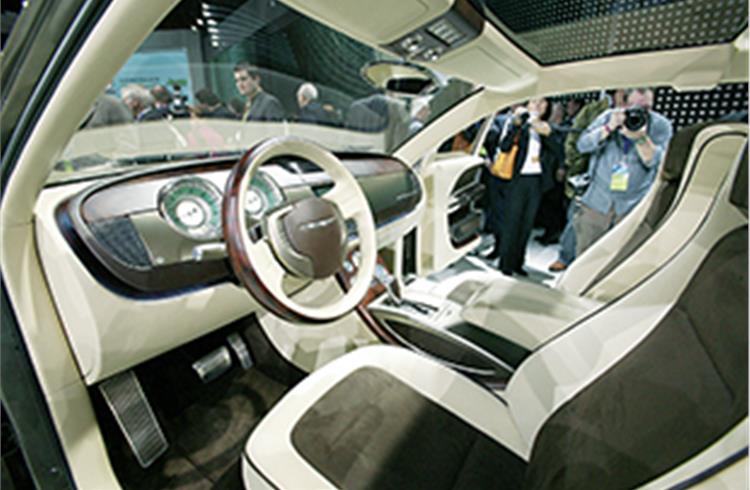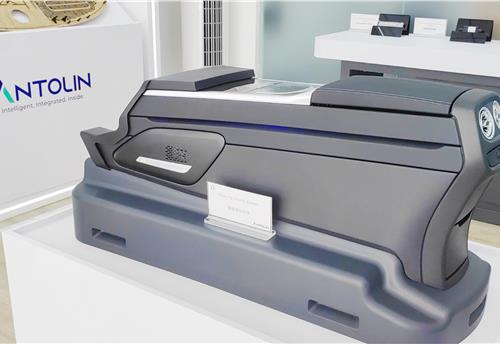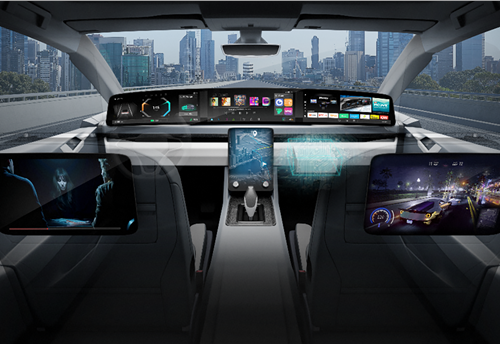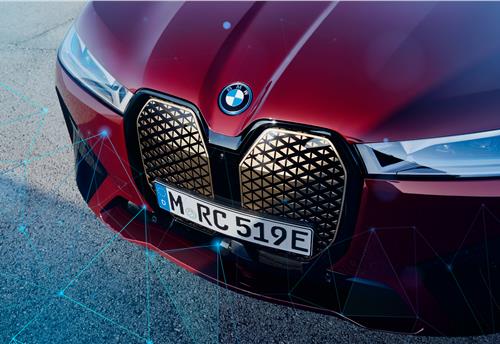DaimlerChrysler purchasing bill to fall
Engineers and researchers work on new ways to offset high price of steel, precious metals and plastics.
Sidlik declined to be specific, but said purchasers were working with product engineers and researchers to find ways to offset the drag from high prices for such key items as steel, precious metals and plastics used to make vehicles. This involved using less of some materials, substituting others, re-engineering products and buying in large volumes where possible to get the best prices.
The world's fifth-biggest carmaker spent 85 billion euros (Rs 476,000 crore) on goods and services last year, down from 101.4 billion (567,840 crore) in 2004. It bought 3.4 million tons of steel from the US in 2005, about half of which it sold on to suppliers eager to lock in lower prices. DaimlerChrysler's steel contracts typically run from one to three years, so the company is not affected by short-term volatility in spot steel prices. He said he would look at steel futures contracts as a hedging tool should they become available, but he was not convinced how attractive they would be.
Sidlik played down prospects for eliminating steel from carmaking in favour of other metals or plastics. He felt that, in general, steel was going to be the main commodity in the automobile, and it was a pretty efficient material even at higher prices. Still, DaimlerChrysler is looking at using more magnesium as its price gap over aluminium shrinks. This could cut vehicle weight and improve fuel consumption. Carmakers view fuel cells, which use the chemical interaction between hydrogen and oxygen to generate electricity and emit only water, as the best way to remove cars from the environmental equation.
RELATED ARTICLES
Antolin unveils sustainable tech solutions at Beijing Motor Show
In line with its China market roadmap, Antolin is showcasing its latest advances in lighting, HMI, electronics, and sust...
Visteon wins $1.4 billion in new business in Q1 2024, launches 26 new products
Digitisation of vehicle cockpit megatrend is a key growth driver for Visteon with over $400 million of displays wins; Vi...
BMW uses Catena-X ecosystem using real-world CO2 data to enhance quality
Working together with partners and suppliers, the company has modelled a complete data chain for the first time using re...





 By Autocar Pro News Desk
By Autocar Pro News Desk
 06 Oct 2006
06 Oct 2006
 2377 Views
2377 Views









